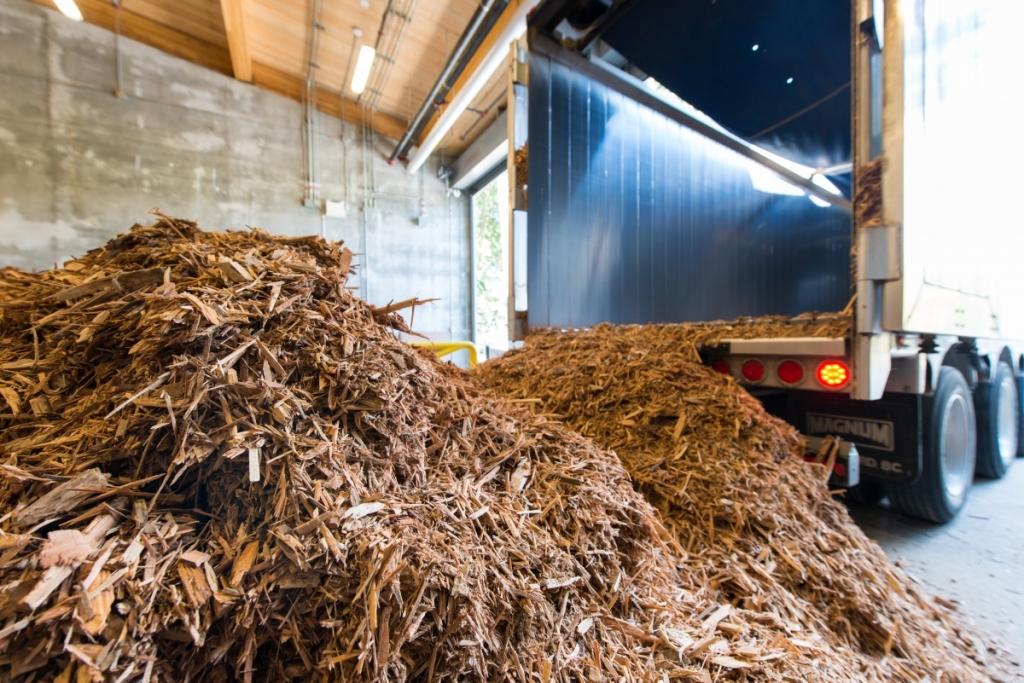Biomass energy from agricultural waste:
Biomass energy is a renewable source of energy that can be derived from agricultural waste such as crop residues, animal manure, and food processing byproducts. This form of energy production has gained significant attention in recent years due to its potential to reduce greenhouse gas emissions and dependence on fossil fuels.
Agricultural waste is an abundant resource that can be converted into biomass fuel through various processes such as combustion, gasification, or anaerobic digestion. The resulting biomass fuel can then be used for heat and electricity generation.
One major advantage of using agricultural waste for biomass energy is its availability. Farmers produce large quantities of crop residues every year, which would otherwise go to waste if not utilized for energy production. By converting these residues into biomass fuel, farmers can generate additional income while also reducing the environmental impact associated with burning or disposing of this waste.
Furthermore, biomass energy production from agricultural waste helps in the management of organic materials and reduces the reliance on non-renewable resources like coal or natural gas. It contributes to sustainable development by promoting circular economy principles and reducing the carbon footprint associated with traditional forms of energy production.
While there are several benefits to utilizing biomass energy from agricultural waste, there are also challenges that need to be addressed. One challenge is ensuring a steady supply of feedstock throughout the year since agriculture is seasonal in nature. Additionally, technological advancements are needed to improve efficiency in converting agricultural waste into usable forms of biofuel.
Despite these challenges, biomass energy from agricultural waste holds great promise as a renewable and environmentally friendly source of power generation. With continued research and development efforts focused on improving conversion technologies and optimizing supply chains, this form of renewable energy could play a significant role in transitioning towards a more sustainable future.

Leave a comment